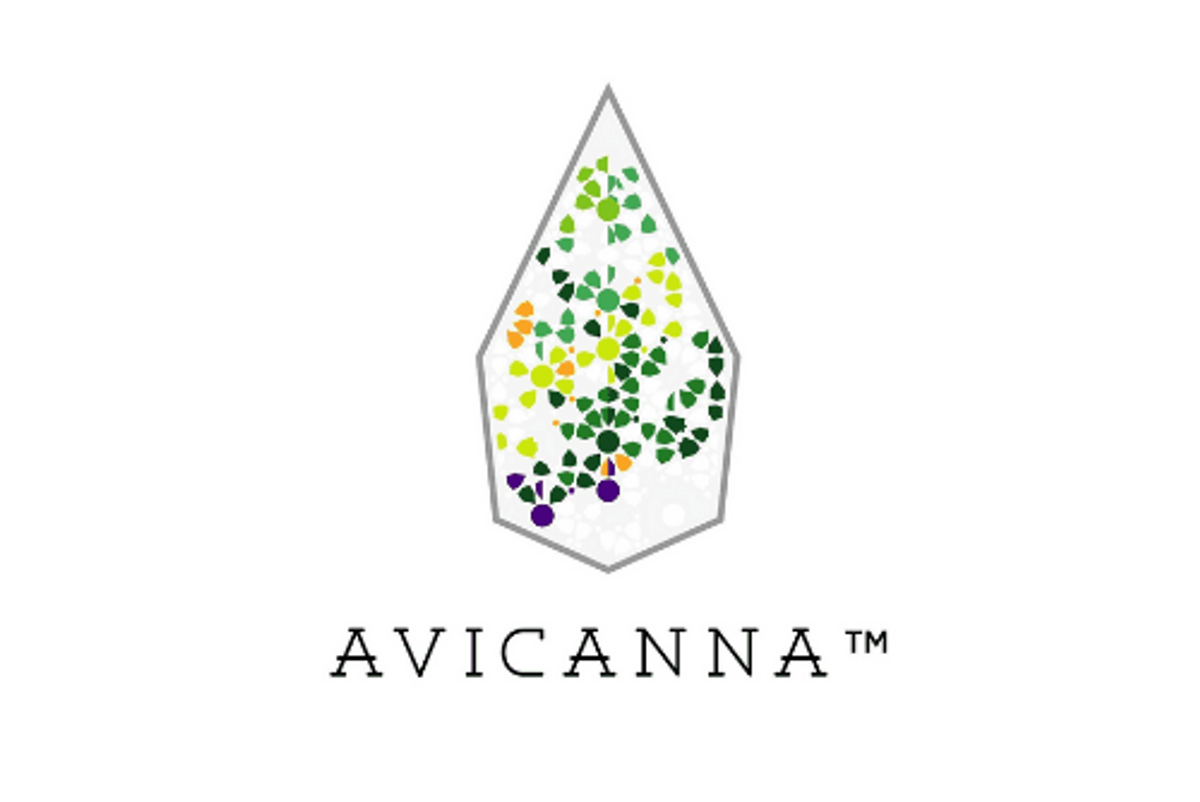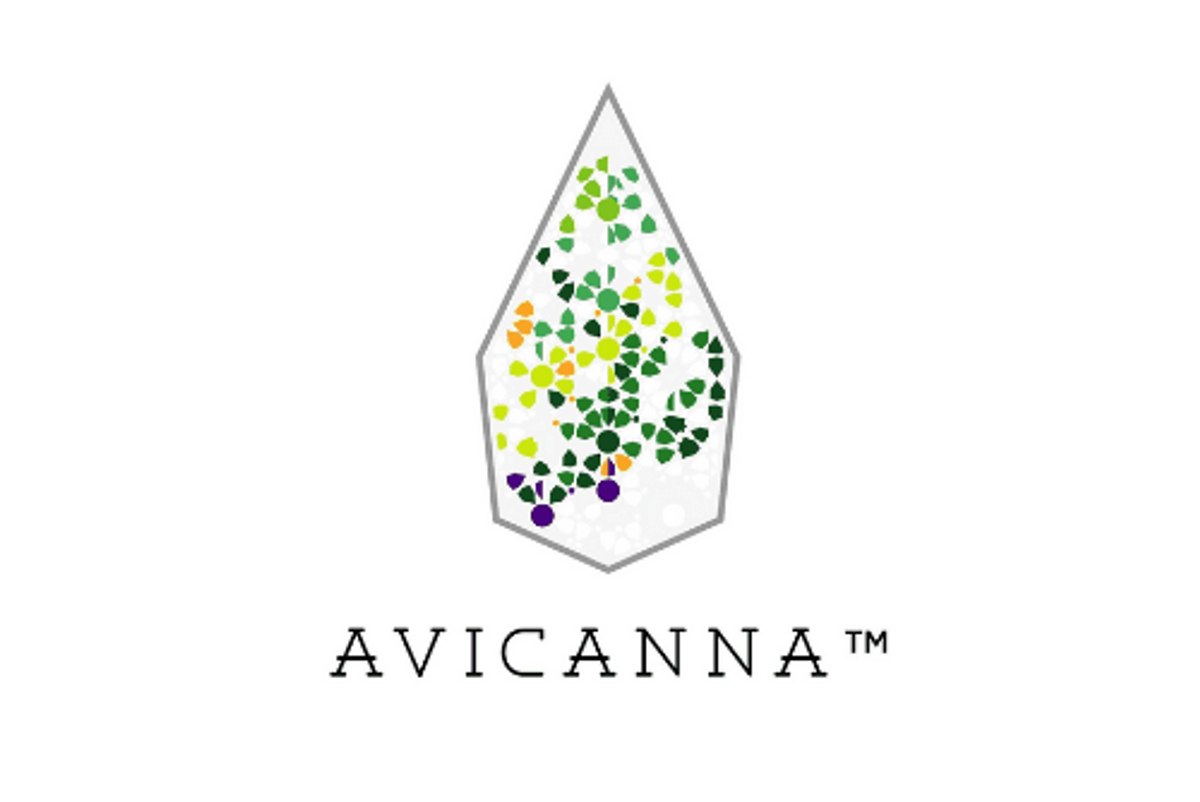
Avicanna Inc. (" Avicanna " or " Company" ) (TSX: AVCN,OTC:AVCNF) (OTCQX: AVCNF) (FSE: 0NN) a biopharmaceutical company focused on the development, manufacturing, and commercialization of plant-derived cannabinoid-based products is pleased to announce and report the results of Q2 2025.
Management Commentary:
"Q2 marked another milestone in Avicanna's journey, fueled by advancements in our pipeline and deeper engagement with the Canadian medical community. In Canada, we delivered growth across multiple commercial channels, underscoring the strength of our proprietary, high-margin portfolio. Achieving positive adjusted EBITDA for the first half of 2025 reflects the financial discipline and operational focus that continue to drive our performance. These results reinforce our ability to execute our strategy and position us for both domestic and international scale-up" stated Aras Azadian, CEO at Avicanna.
Q2 2025 Financial Highlights:
- Revenue: The Company generated revenue of $6.16 million and $12.48 million for the three- and six-month periods ended June 30, 2025, representing a 1% increase and a 1% decrease, respectively, compared to the corresponding periods in 2024.
- Gross Profit and Margin: Gross profit for the second quarter was $3.13 million, with a six-month total of $6.73 million, translating to gross margins of 51% and 54%, respectively—up from 47% in the prior-year periods. This improvement was primarily driven by increased service and licensing revenue from international markets.
- Adjusted EBITDA: For the second quarter, the Company reported an adjusted EBITDA loss of $0.25 million and an adjusted EBITDA gain of $0.18 million for the six-month period. This marks a notable improvement from the same periods in 2024, when adjusted EBITDA losses were $0.44 million and $0.42 million, respectively. The improvement reflects both reduced operating expenses and enhanced gross margins.
Other Q2 2025 Corporate Highlights:
- Canadian commercial advancements: The Company completed the second quarter with 50 commercial SKUs and 147 commercial listings representing a 19% increase in total SKUs and a 9% growth in total listings from Q1 2025. The Company sold 50,789 units during the second quarter, a 21% increase against the comparable period in 2024.
- Avicanna Announced Sponsorship of Pilot Phase II Clinical Study on Osteoarthritis Pain: The multicenter, blinded, randomized placebo-controlled investigator-initiated study is led by Dr. Hance Clarke and conducted at University Health Network. The study is to analyze effectiveness of Avicanna's proprietary oral cannabis extracts for osteoarthritic pain and is Avicanna's first placebo controlled, blinded randomized multicenter trial (" RCT "). The study is funded by a Canadian Institutes of Health Research grant and sponsored by Avicanna, which is providing its proprietary CBD and THC capsules produced under Good Manufacturing Practices for the trial.
- Symposium on Cannabinoid-based Medicine in June 2025: The Symposium, which was held at the MaRS Discovery District in Toronto, brought key opinion leaders and health care providers to explore cannabinoid-based R&D, medicine, and clinical adoption. The Symposium, which was limited to health care practitioners and researchers, covered a range of topics including emerging evidence and practical clinical applications of cannabinoid-based medicine and featured key opinion leaders, clinicians, researchers, and scientists from various academic, research and clinical organizations and hospitals and industry.
- Avicanna announced US Patent and Trademark Office issuance of new patent covering topical cannabinoid compositions for clear skin: The USPTO issued patent, No. US 12,343,315 B2, covering a topical gel formulation comprised of cannabinoids in combination with other agents in reference to its potential for treating and preventing skin diseases and conditions including, but not limited to, acne, wrinkles, rosacea and erythema.
About Avicanna:
Avicanna is a commercial-stage international biopharmaceutical company focused on the advancement and commercialization of cannabinoid-based products and formulations for the global medical and pharmaceutical market segments. Avicanna has an established scientific platform including R&D and clinical development leading to the commercialization of more than thirty proprietary, evidence-based finished products and supporting four commercial stage business pillars.
- Medical Cannabis formulary (RHO Phyto™): The formulary offers a diverse range of proprietary products including oral, sublingual, topical, and transdermal deliveries with varying ratios of cannabinoids, supported by ongoing patient and medical community education. RHO Phyto is an established brand in Canada currently available nationwide across several channels and expanding into new international markets.
- Medical cannabis care platform (MyMedi.ca): MyMedi.ca is a medical cannabis care platform formed with the aim to better serve medical cannabis patients' needs and enhance the medical cannabis patients' journey. MyMedi.ca is operated by Northern Green Canada Inc. and features a diverse portfolio of products and bilingual pharmacist-led patient support programs. MyMedi.ca also provides specialty services to distinct patient groups such as veterans and collaborates with public and private payers for adjudication and reimbursement. MyMedi.ca provides educational resources to the medical community to facilitate the incorporation of medical cannabis into health care regimens.
- Pharmaceutical pipeline: Leveraging Avicanna's scientific platform, vertical integration, and real-world evidence, Avicanna has developed a pipeline of proprietary, indication-specific cannabinoid-based candidates that are in various stages of clinical development. These cannabinoid-based candidates aim to address unmet needs in the areas of dermatology, chronic pain, and various neurological disorders.
- Active pharmaceutical ingredients (Aureus Santa Marta™): Active pharmaceutical ingredients supplied by the Company's majority owned subsidiary Santa Marta Golden Hemp SAS ("SMGH") is a commercial-stage business dedicated to providing various forms of high-quality CBD, THC and CBG to the Company's international partners for use in the development and production of food, cosmetics, medical, and pharmaceutical products. SMGH also forms part of the Company's supply chain and is a source of reliable input products for its consumer retail, medical cannabis, and pharmaceutical products globally.
SOURCE Avicanna Inc .
Stay Connected
For more information about Avicanna, visit our website or contact Ivana Maric by email at info@Avicanna.com.
Cautionary Note Regarding Forward-Looking Information and Statements
This news release contains "forward-looking information" within the meaning of applicable securities laws. Forward-looking information contained in this news release may be identified by the use of words such as, "may", "would", "could", "will", "likely", "expect", "anticipate", "believe", "intend", "plan", "forecast", "project", "estimate", "outlook" and other similar expressions. Forward-looking information contained in this news release includes, without limitation, statements related to the Offering, the use of proceeds of the Offering, the receipt of all approvals of the Toronto Stock Exchange in connection with the Offering, statements with respect to the Company's future business operations, the opinions or beliefs of management and future business goals. Although the Company believes that the expectations and assumptions on which such forward looking information is based are reasonable, undue reliance should not be placed on the forward-looking information because the Company can give no assurance that they will prove to be correct. Actual results and developments may differ materially from those contemplated by these statements. Forward-looking information is subject to a variety of risks and uncertainties that could cause actual events or results to differ materially from those projected in the forward-looking information. Such risks and uncertainties include, but are not limited to current and future market conditions, including the market price of the common shares of the Company, and the risk factors set out in the Company's annual information form dated April 11, 2025, filed with the Canadian securities regulators and available under the Company's profile on SEDAR+ at www.sedarplus.ca. The statements in this news release are made as of the date of this release. The Company disclaims any intent or obligation to update any forward-looking information, whether as a result of new information, future events or results or otherwise, other than as required by applicable securities laws.

